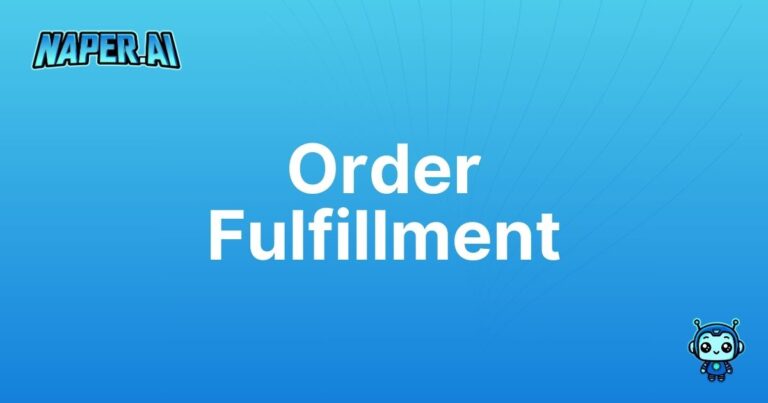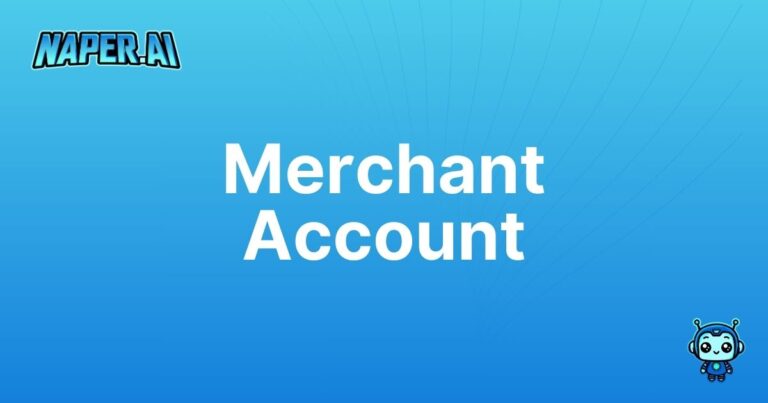Payment Gateway
Ensuring Seamless Transactions
In today’s fast-paced e-commerce environment, a reliable payment gateway is crucial for providing a seamless and secure shopping experience.
What Is a Payment Gateway?
A payment gateway is a technology used by merchants to accept debit or credit card purchases from customers. It encrypts sensitive information like credit card details, ensuring secure transactions over the internet.
Pro Tips & Best Practices
- Optimize Security: Use a gateway with strong encryption standards.
- Enhance Speed: Choose gateways known for fast transaction processing.
- Integrate Easily: Select gateways that integrate smoothly with your shopping cart software.
- Support Multiple Payments: Ensure it supports various payment methods to cater to a global audience.
- Monitor & Report: Use gateways that provide detailed transaction reporting for better financial management.
Why Is a Payment Gateway Important?
- Security: Protects your customers’ payment information, reducing fraud risks.
- Efficiency: Streamlines the transaction process, enhancing user experience.
Practical Applications
- Secure Checkouts: Simplifies the checkout process while ensuring security.
- Subscription Services: Facilitates recurring billing for subscription-based services.
- Mobile Payments: Supports payments through mobile apps, expanding shopping flexibility.
Quick FAQ
- What fees are associated with payment gateways? Typically, they charge transaction fees and possibly setup fees.
- Can I use more than one payment gateway? Yes, many businesses integrate multiple gateways to offer more options.
- Are there limits on transaction sizes? Each gateway often has its own limits based on risk assessment.
- How long do settlements take? Settlement times vary but typically range from 1 to 3 days.
- Do gateways support international transactions? Most gateways support international payments, subject to configuration.







